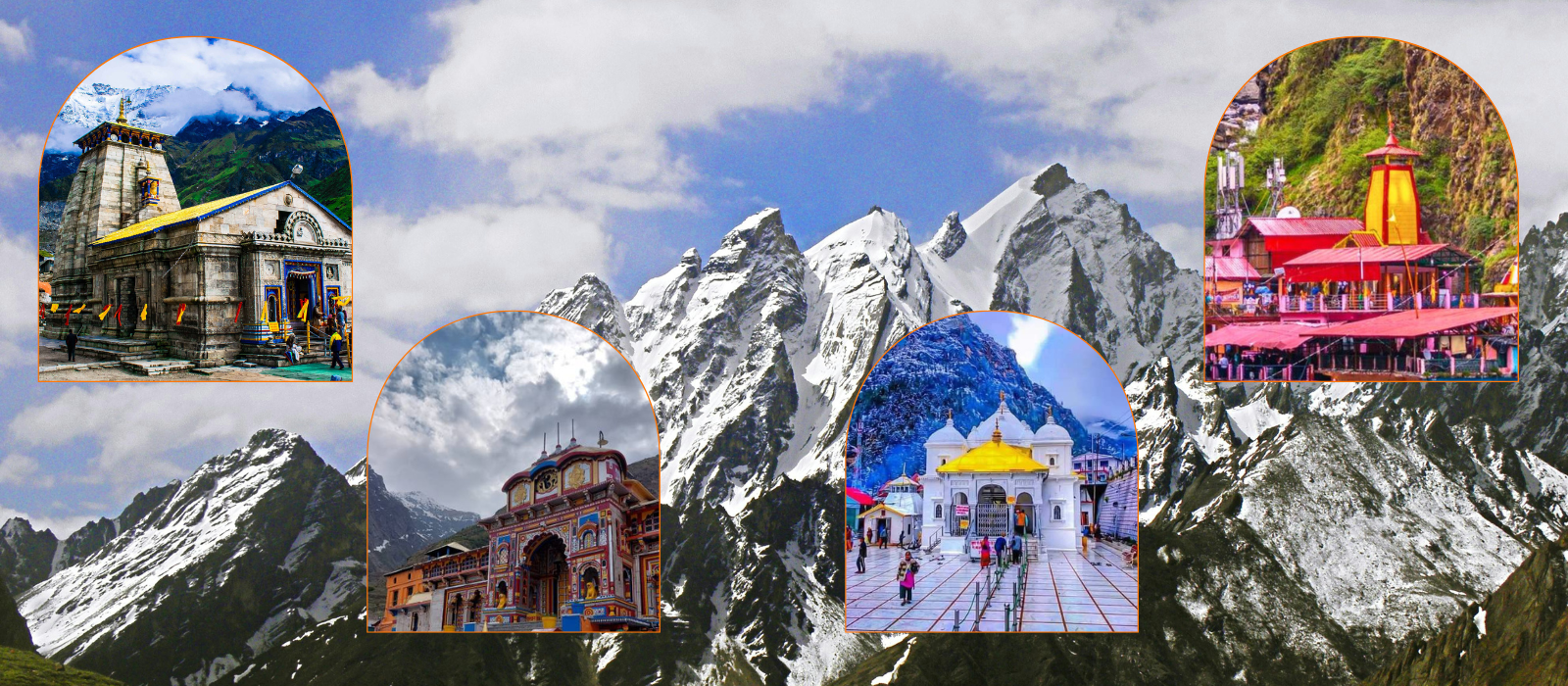
About Yamunotri Temple
Yamunotri Temple is not just a sacred destination, but a spiritual gateway into the Himalayas. Discover its history, architecture, and religious importance with Shree Ram Tourism's.
The Yamunotri Temple was built in the 19th century by Maharani Guleria of Jaipur. It stands at the source of the Yamuna River, which is considered sacred and is worshipped as a goddess. The original temple was destroyed several times due to natural calamities and was rebuilt again. The site holds mythological significance as the home of the Yamuna goddess and her brother Yama, the god of death.
The Yamunotri Temple is a simple yet elegant structure built in the traditional North Indian temple style. It is made of granite and features a bright orange pagoda-like spire. The sanctum houses a black marble idol of Goddess Yamuna, and the surroundings include hot springs and snow-capped mountains, enhancing its serene spiritual aura.
Poojas at Yamunotri begin early in the morning with Mangala Aarti and continue till evening with Shayan Aarti. Offerings of rice cooked in Surya Kund are made to the deity. Pilgrims also offer flowers, diyas, and holy water as part of the rituals. The temple opens by 6:00 AM and closes around 8:00 PM, with a break in the afternoon.
According to Hindu beliefs, bathing in the Yamuna river at Yamunotri absolves one of sins and protects from untimely death. Goddess Yamuna is considered the sister of Yama, and devotees believe that praying here ensures liberation and peace. Yamunotri is also the first stop in the Char Dham Yatra, marking the spiritual beginning of the journey.
Pooja bookings can be made on-site or in advance through Shree Ram Tourism’s services. We assist with personalized rituals, priest arrangements, and special pooja samagri kits. Early booking is recommended during peak yatra season (May–June and September–October).
Besides the main Yamunotri Temple, pilgrims can visit the Divya Shila — a sacred stone worshipped before entering the temple — and Surya Kund, a natural hot spring used for ritual cooking. Hanuman Chatti and Kharsali are also spiritually important spots located nearby.
